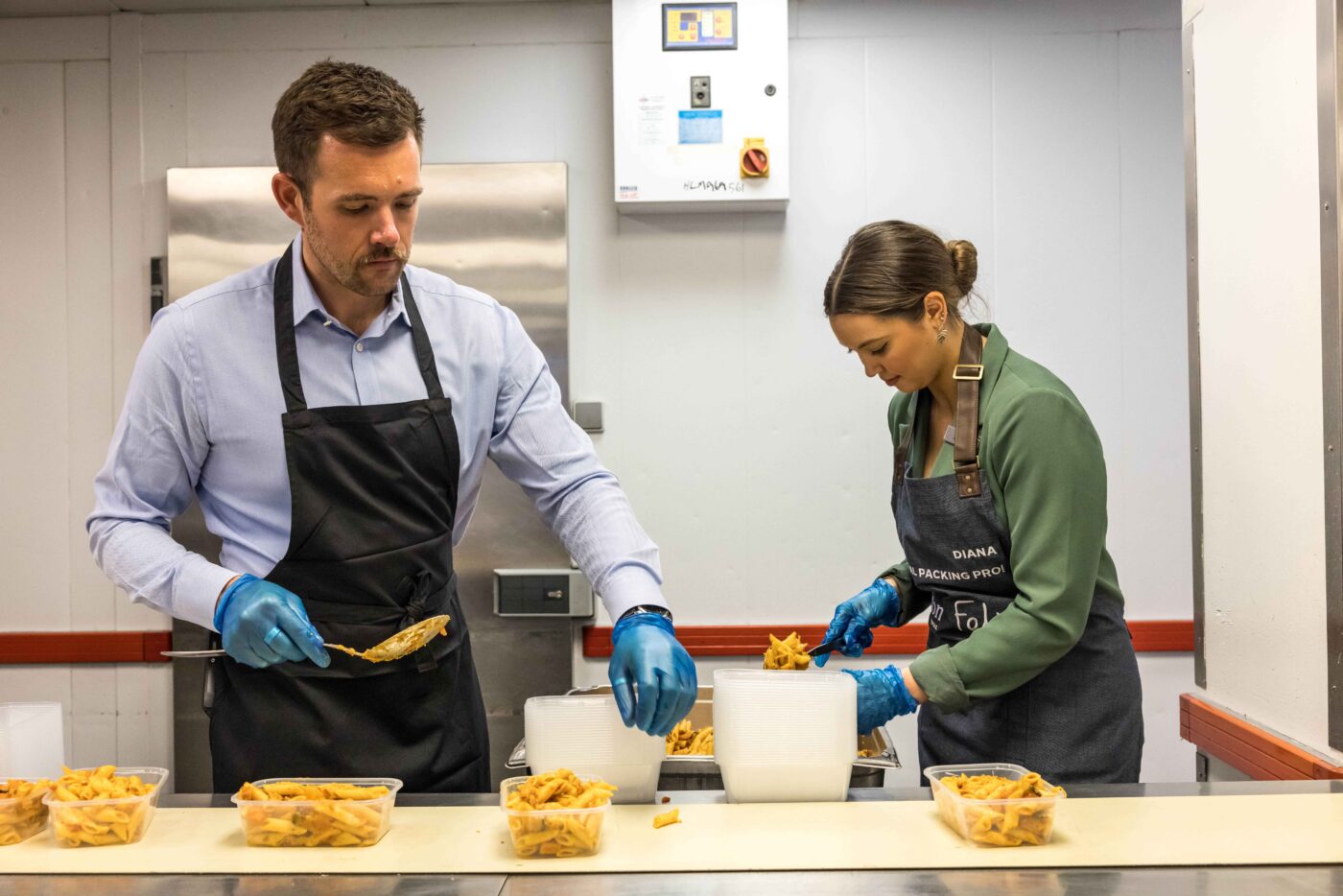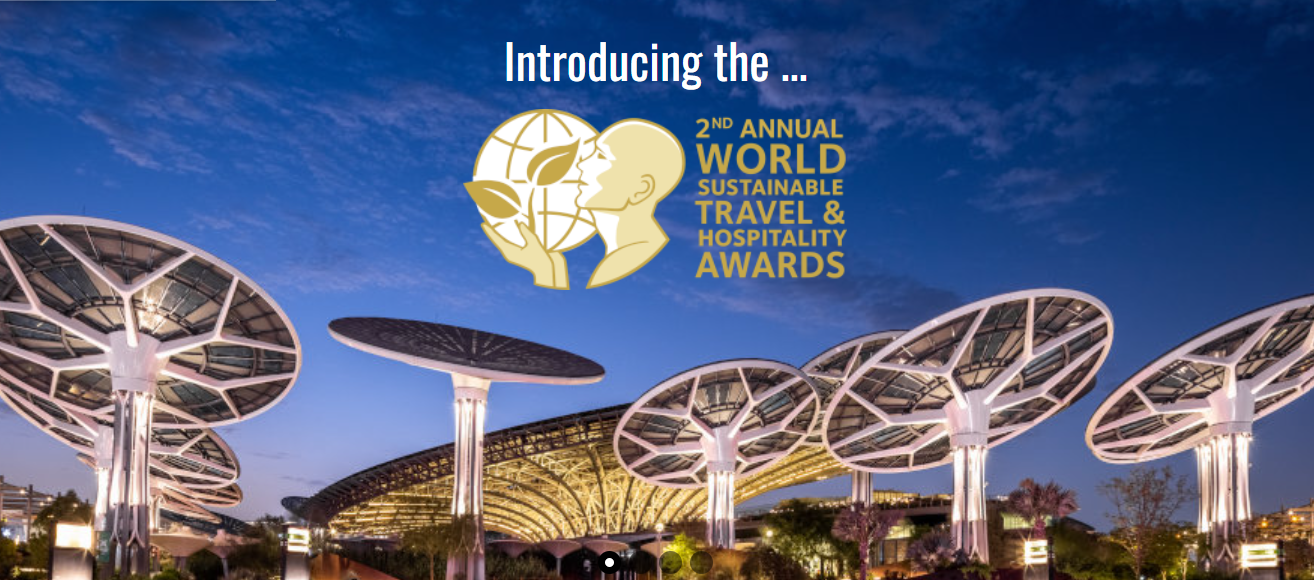World Water Week (20-24th August 2023) is the annual focal point of the planet’s water issues. Many people across the globe are experiencing extremely high levels of water stress, leaving them vulnerable in the face of pressing water-related challenges. 31% of the global population is affected by water scarcity1 with one in three people having no access to water close to home2.
Countries forecast with the highest water stress in the coming years are also amongst those with the greatest tourism growth, putting hotel companies at the forefront of current and future water challenges. The hotel industry will continue to positively influence their local communities and supply chains and contribute to safeguarding global water security and ecosystems around the world.
How can hotels help?
- Understand water-related risks in your area – Use our Destination Water Risk Index (DWRI) – which rates destinations around the world in terms of high to low risk – to prioritise water stewardship within investment, development and renovation decisions, as well as hotel management in high-risk destinations. Incorporate these risks and decisions into your strategies to ensure future prosperity.
- Analyse your current water consumption – Measure your current and future water use, identify its sources, impact and dependencies and share that information through reporting and engagement with local stakeholders. Explore our research, resources and tools for support with this process.
- Set your goals and create a unique plan of action – Prioritise areas where the best impact can be made and define long-term targets based on local contexts. Set indicators for progress with trackable metrics that each property can report against.
- Manage water sustainably in your operations – Identify water efficiencies at the property level, ensure adequate wastewater treatment, reduce your pressure on freshwater resources by recycling water and involve your staff and guests to support your water stewardship measures.
- Work with suppliers to reduce your water footprint – Analyse products and services of highest spend and engage with suppliers on their water stewardship to better identify and address your indirect impacts on water in basins where they are operating. Products which can have a particularly high impact on water consumption during their production or manufacture include linens, food(especially meat) and drink.
- Build a water stewardship strategy to build resilience – A water stewardship strategy should include procedures and provisions to provide immediate relief effort, address recovery needs and help mitigate against future occurrences of extreme weather events. Properties should focus on improving their resilience to floods, managing their freshwater supply and protecting local communities in a crisis.
- Collaborate on sustainable water management – Any hotel can have an impact on the quality of water and on other water users. Hospitality companies need to understand the local water risks and opportunities, engage with existing water initiatives, share information with the public sector and other water users, and support access to clean water, health and sanitation.



